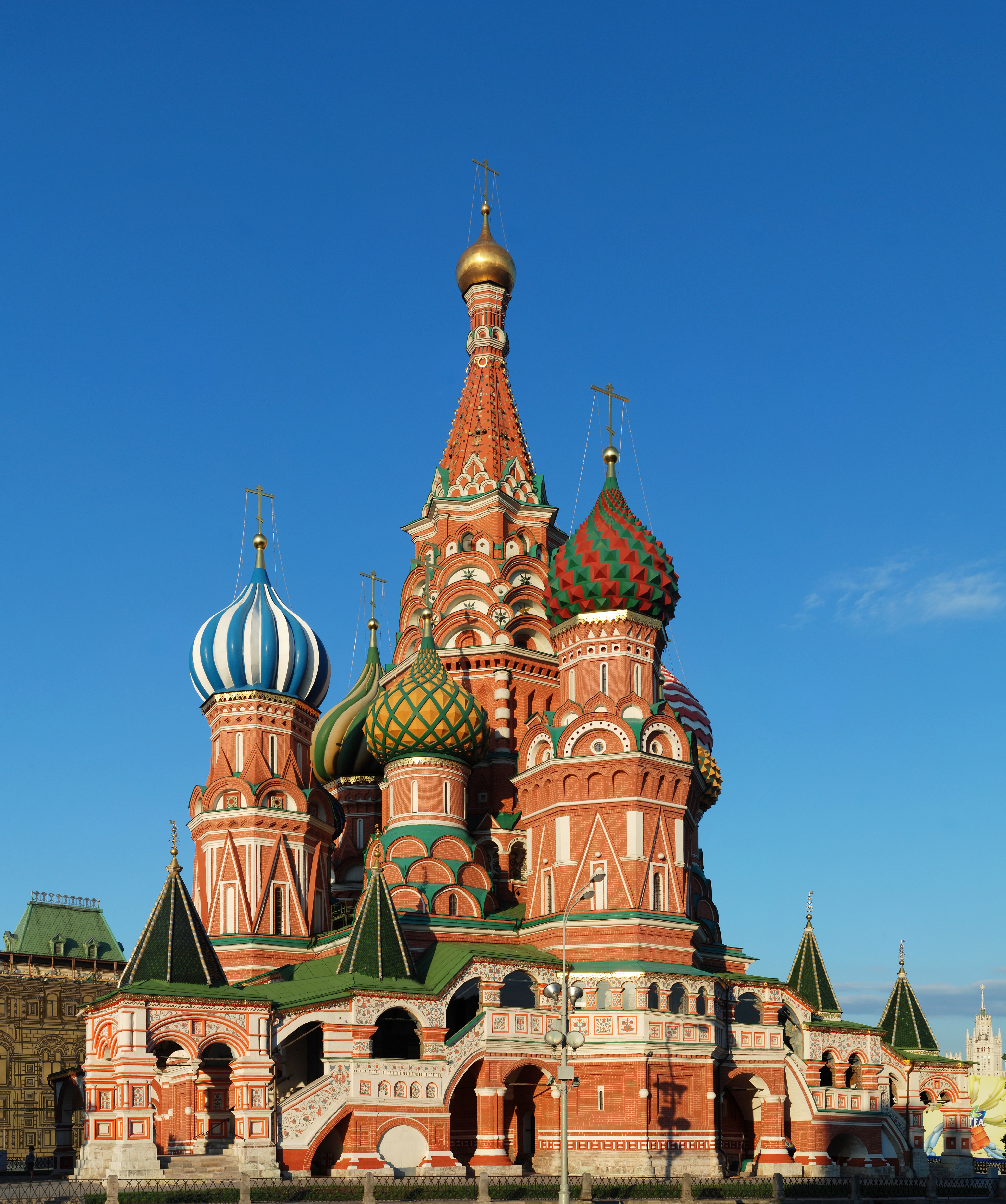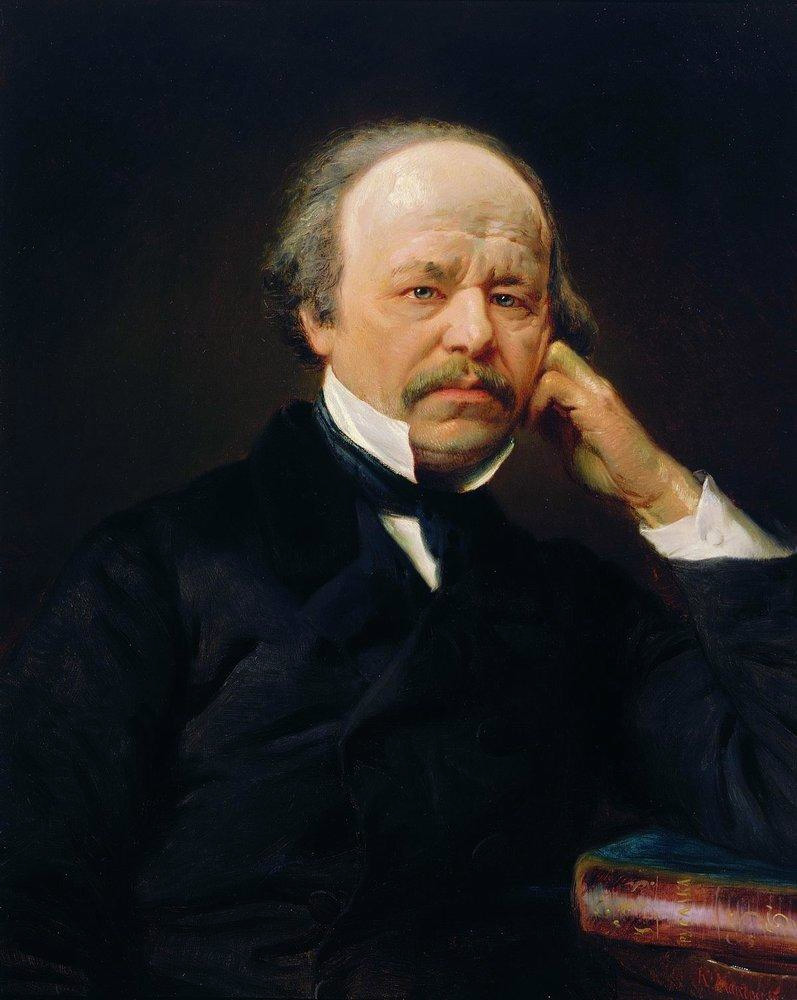|
The Stone Guest (play)
''The Stone Guest'' (russian: «Каменный гость», Kamennyy gost') is a poetic drama by Alexander Pushkin based on the Spanish legend of Don Juan, spelled Don Guan (russian: Дон Гуан) by Pushkin. History Pushkin wrote ''The Stone Guest'' in 1830 as part of a collection of four short plays known as '' Little Tragedies''. The play is based on the familiar Don Juan legend, but while most traditional adaptations present it as farcical and comedic, Pushkin's "little tragedy" is indeed a romantic tragedy. Save for the duel, there is little action, and though written in the form of a play, scholars agree that it was never meant for the stage. Pushkin wrote the play after seeing the premiere of a Russian-language version of Mozart's 1787 opera '' Don Giovanni''. He borrowed certain elements from da Ponte's libretto, but made the story his own, focusing more on the tragic romantic elements than on the farcical ones. Synopsis Don Juan, illegally returned from exile ... [...More Info...] [...Related Items...] OR: [Wikipedia] [Google] [Baidu] |
Repin Donjuan
Repin (russian: Ре́пин; masculine) or Repina (; feminine) is a Russian last name. It is derived from the sobriquet ''"репа"'' ("turnip") and may refer to the following people: *Ilya Repin (1844–1930), Ukrainian and Russian painter * Nikolay Repin (b. 1932), Soviet painter *Vadim Repin (b. 1971), Russian violinist Archaeology *The Repin culture, the first phase (or, depending on the author, the forerunner) of the Pit Grave/Ochre Grave/Yamnaya culture. Other uses *Řepín, a village and municipality of the Czech Republic. * 2468 Repin, a Main-belt Asteroid named after Ilya Repin. See also *Repino Repino (russian: Репино) is the name of several inhabited localities in Russia. Modern localities ;Urban localities * Repino, Saint Petersburg, a municipal settlement in Kurortny District of the federal city of St. Petersburg ;Rural ..., several inhabited localities in Russia {{Disambiguation, surname Russian-language surnames ... [...More Info...] [...Related Items...] OR: [Wikipedia] [Google] [Baidu] |
Exile
Exile is primarily penal expulsion from one's native country, and secondarily expatriation or prolonged absence from one's homeland under either the compulsion of circumstance or the rigors of some high purpose. Usually persons and peoples suffer exile, but sometimes social entities like institutions (e.g. the papacy or a government) are forced from their homeland. In Roman law, ''exsilium'' denoted both voluntary exile and banishment as a capital punishment alternative to death. Deportation was forced exile, and entailed the lifelong loss of citizenship and property. Relegation was a milder form of deportation, which preserved the subject's citizenship and property. The term diaspora describes group exile, both voluntary and forced. "Government in exile" describes a government of a country that has relocated and argues its legitimacy from outside that country. Voluntary exile is often depicted as a form of protest by the person who claims it, to avoid persecution and prosecu ... [...More Info...] [...Related Items...] OR: [Wikipedia] [Google] [Baidu] |
Plays By Aleksandr Pushkin
Play most commonly refers to: * Play (activity), an activity done for enjoyment * Play (theatre), a work of drama Play may refer also to: Computers and technology * Google Play, a digital content service * Play Framework, a Java framework * Play Mobile, a Polish internet provider * Xperia Play, an Android phone * Rakuten.co.uk (formerly Play.com), an online retailer * Backlash (engineering), or ''play'', non-reversible part of movement * Petroleum play, oil fields with same geological circumstances * Play symbol, in media control devices Film * ''Play'' (2005 film), Chilean film directed by Alicia Scherson * ''Play'', a 2009 short film directed by David Kaplan * ''Play'' (2011 film), a Swedish film directed by Ruben Östlund * ''Rush'' (2012 film), an Indian film earlier titled ''Play'' and also known as ''Raftaar 24 x 7'' * ''The Play'' (film), a 2013 Bengali film Literature and publications * ''Play'' (play), written by Samuel Beckett * ''Play'' (''The New York Times'' ... [...More Info...] [...Related Items...] OR: [Wikipedia] [Google] [Baidu] |
1830 Plays
Year 183 ( CLXXXIII) was a common year starting on Tuesday (link will display the full calendar) of the Julian calendar. At the time, it was known as the Year of the Consulship of Aurelius and Victorinus (or, less frequently, year 936 ''Ab urbe condita''). The denomination 183 for this year has been used since the early medieval period, when the Anno Domini calendar era became the prevalent method in Europe for naming years. Events By place Roman Empire * An assassination attempt on Emperor Commodus by members of the Senate fails. Births * January 26 – Lady Zhen, wife of the Cao Wei state Emperor Cao Pi (d. 221) * Hu Zong, Chinese general, official and poet of the Eastern Wu state (d. 242) * Liu Zan (Zhengming), Chinese general of the Eastern Wu state (d. 255) * Lu Xun Zhou Shuren (25 September 1881 – 19 October 1936), better known by his pen name Lu Xun (or Lu Sun; ; Wade–Giles: Lu Hsün), was a Chinese writer, essayist, poet, and literary critic. He ... [...More Info...] [...Related Items...] OR: [Wikipedia] [Google] [Baidu] |
Walpurgis Night (Erofeev)
Walpurgis Night (), an abbreviation of Saint Walpurgis Night (from the German ), also known as Saint Walpurga's Eve (alternatively spelled Saint Walburga's Eve), is the eve of the Christian feast day of Saint Walpurga, an 8th-century abbess in Francia, and is celebrated on the night of 30 April and the day of 1 May. This feast commemorates the canonization of Saint Walpurga and the movement of her relics to Eichstätt, both of which occurred on 1 May 870. Saint Walpurga was hailed by the Christians of Germany for battling "pest, rabies, and whooping cough, as well as against witchcraft". Christians prayed to God through the intercession of Saint Walpurga in order to protect themselves from witchcraft, as Saint Walpurga was successful in converting the local populace to Christianity. In parts of Europe, people continue to light bonfires on Saint Walpurga's Eve in order to ward off evil spirits and witches. Others have historically made Christian pilgrimages to Saint Walb ... [...More Info...] [...Related Items...] OR: [Wikipedia] [Google] [Baidu] |
Alexander Blok
Alexander Alexandrovich Blok ( rus, Алекса́ндр Алекса́ндрович Бло́к, p=ɐlʲɪˈksandr ɐlʲɪˈksandrəvʲɪtɕ ˈblok, a=Ru-Alyeksandr Alyeksandrovich Blok.oga; 7 August 1921) was a Russian lyrical poet, writer, publicist, playwright, translator and literary critic. Early life Blok was born in Saint Petersburg, into an intellectual family of Alexander Lvovich Blok and Alexandra Andreevna Beketova. His father was a law professor in Warsaw, and his maternal grandfather, Andrey Beketov, was a famous botanist and the rector of Saint Petersburg State University. After his parents' separation, Blok lived with aristocratic relatives at the manor Shakhmatovo near Moscow, where he discovered the philosophy of Vladimir Solovyov, and the verse of then-obscure 19th-century poets, Fyodor Tyutchev and Afanasy Fet. These influences would affect his early publications, later collected in the book ''Ante Lucem''. Career and marriage In 1903 he married the actress ... [...More Info...] [...Related Items...] OR: [Wikipedia] [Google] [Baidu] |
Russian Culture
Russian culture (russian: Культура России, Kul'tura Rossii) has been formed by the nation's history, its geographical location and its vast expanse, religious and social traditions, and Western culture, Western influence. Russian Russian literature, writers and Russian philosophy, philosophers have played an important role in the development of European thought. The Russians have also greatly influenced classical music, Russian ballet, ballet, Sport in Russia, sport, List of Russian artists, painting, and Cinema of Russia, cinema. The nation has also made pioneering contributions to Timeline of Russian inventions and technology records, science and technology and space exploration. History Language and literature Russia's 160 ethnic groups speak some 100 languages. According to the 2002 census, 142.6 million people speak Russian language, Russian, followed by Tatar language, Tatar with 5.3 million and Ukrainian language, Ukrainian with 1.8 mil ... [...More Info...] [...Related Items...] OR: [Wikipedia] [Google] [Baidu] |
Winged Words
A catchphrase (alternatively spelled catch phrase) is a phrase or expression recognized by its repeated utterance. Such phrases often originate in popular culture and in the arts, and typically spread through word of mouth and a variety of mass media (such as films, internet, literature and publishing, television, and radio). Some become the de facto or literal "trademark" or "signature" of the person or character with whom they originated, and can be instrumental in the typecasting of a particular actor. Catchphrases are often humorous, but are never long enough or structured enough to be jokes in themselves. However, a catchphrase can be (or become) the punchline of a joke, or a reminder of a previous joke. Culture According to Richard Harris, a psychology professor at Kansas State University who studied why people like to cite films in social situations, using film quotes in everyday conversation is similar to telling a joke and a way to form solidarity with others. "People a ... [...More Info...] [...Related Items...] OR: [Wikipedia] [Google] [Baidu] |
The Stone Guest (Dargomyzhsky)
''The Stone Guest'' (''Каменный гость'' in Cyrillic script, Cyrillic, ''Kamennyj gost' '' in transliteration) is an opera in three acts by Alexander Dargomyzhsky from a libretto taken almost verbatim from Alexander Pushkin's 1830 The Stone Guest (play), play of the same name which had been written in blank verse and which forms part of his collection ''Little Tragedies''. It was first performed at the Mariinsky Theatre, Saint Petersburg, 16 February 1872 (Old Style and New Style dates, Old Style). According to the composer's wishes, the last few lines of tableau 1 were composed by César Cui, and the whole was orchestrated by Nikolai Rimsky-Korsakov. Many years later, Rimsky-Korsakov revised his own orchestration of the opera, rewrote a few of Dargomyzhsky's own original passages, and added an orchestral prelude. This version, completed in 1903 and first performed in 1907 at the Bolshoi Theatre, is now considered the standard version. Performance History The Austrian ... [...More Info...] [...Related Items...] OR: [Wikipedia] [Google] [Baidu] |
Alexander Dargomyzhsky
Alexander Sergeyevich Dargomyzhsky ( rus, link=no, Александр Сергеевич Даргомыжский, Aleksandr Sergeyevich Dargomyzhskiy., ɐlʲɪkˈsandr sʲɪrˈɡʲe(j)ɪvʲɪdʑ dərɡɐˈmɨʂskʲɪj, Ru-Aleksandr-Sergeevich-Dargomyzhsky.ogg; ) was a 19th-century Russian composer. He bridged the gap in Russian opera composition between Mikhail Glinka and the later generation of The Five and Pyotr Ilyich Tchaikovsky. Biography Dargomyzhsky was born in village Troitskoye, Belyov uyezd, Tula Governorate (now Arsenyevsky District, Tula Oblast), and educated in Saint Petersburg. He was already known as a talented musical amateur when in 1833 he met Mikhail Glinka and was encouraged to devote himself to composition. His opera '' Esmeralda'' (libretto by composer, based on Victor Hugo's ''The Hunchback of Notre Dame'') was composed in 1839 (performed 1847), and his '' Rusalka'' was performed in 1856; but he had little success or recognition either at home or abro ... [...More Info...] [...Related Items...] OR: [Wikipedia] [Google] [Baidu] |


